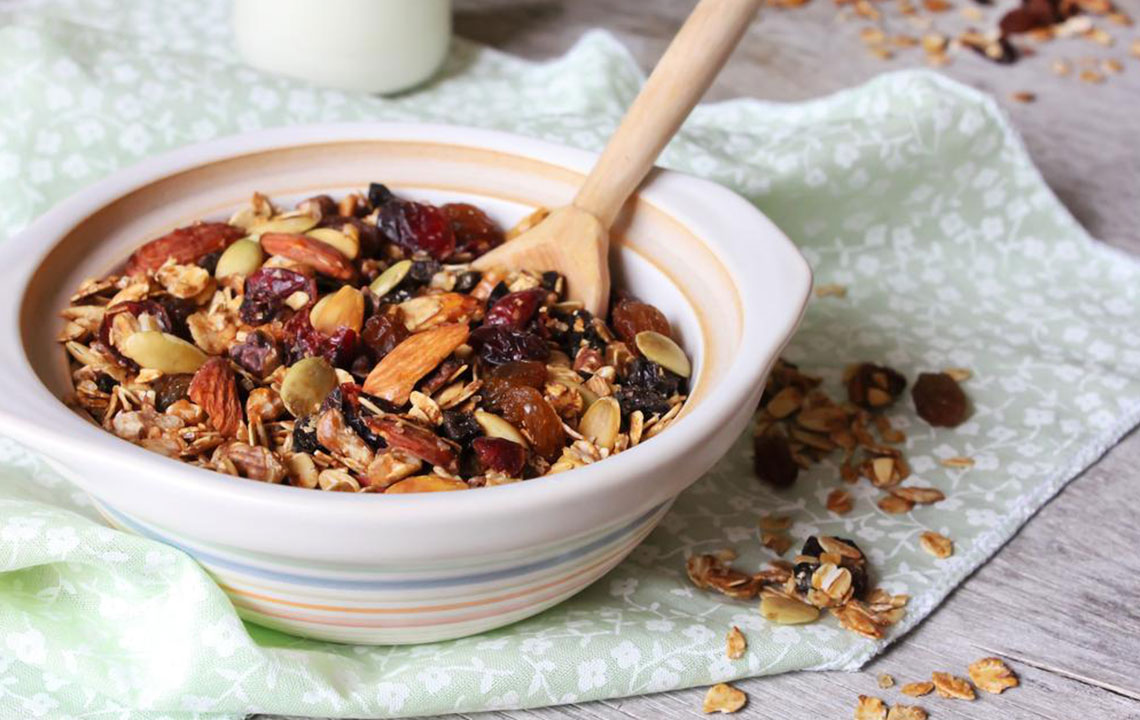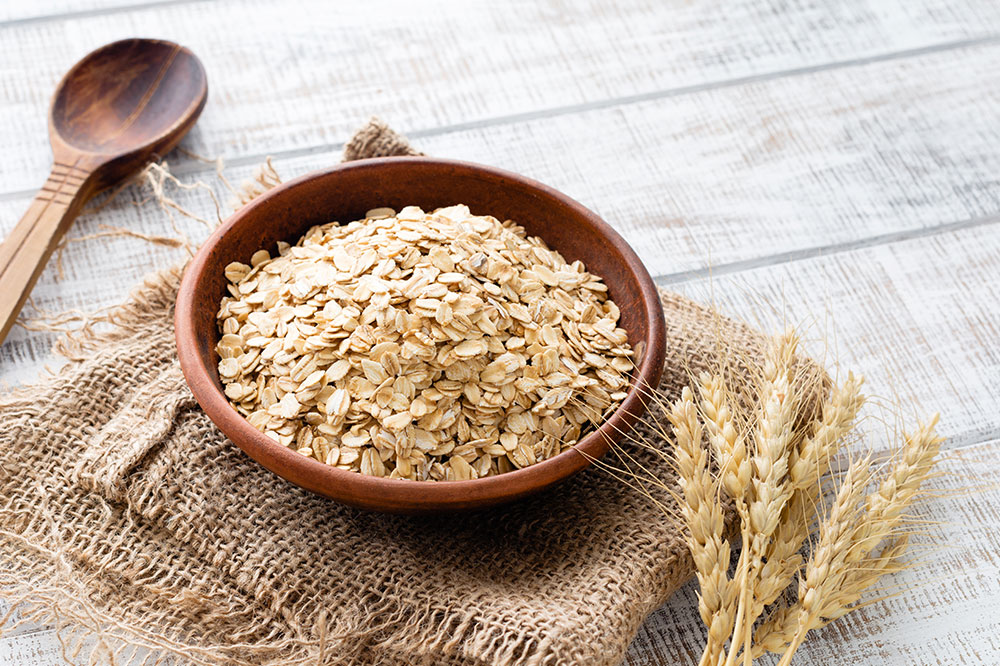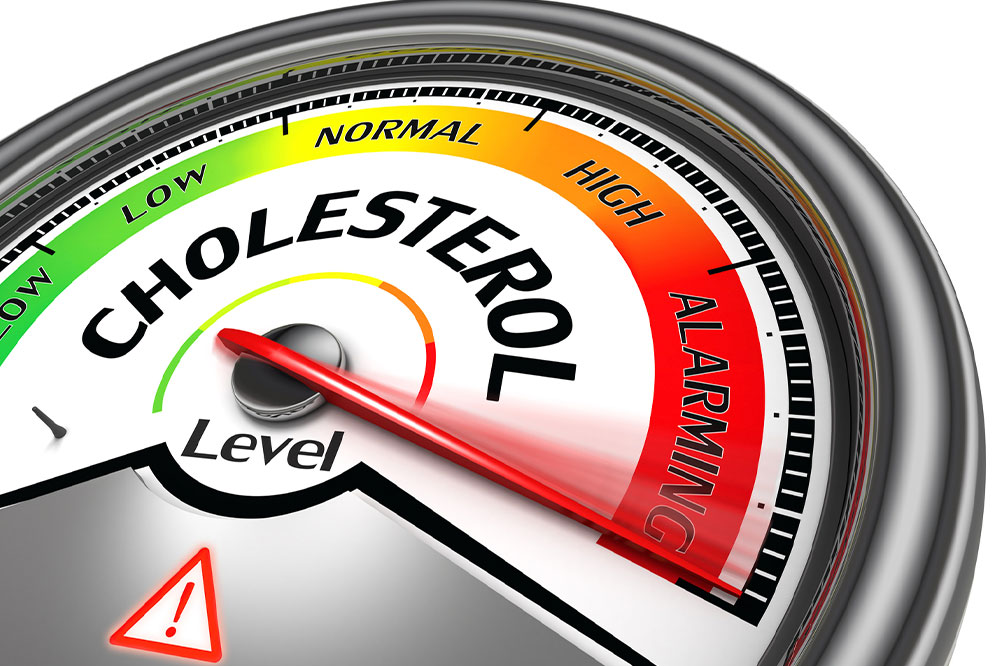Effective Strategies for Managing Cholesterol Levels
Learn effective ways to manage cholesterol through diet, lifestyle changes, and regular screening. This article highlights key foods to include or avoid, recommended cholesterol levels, and tips for reducing heart disease risk. Stay informed and take proactive steps for cardiovascular health with expert advice and practical diet plans designed for optimal blood cholesterol management.

Effective Strategies for Managing Cholesterol Levels
Cholesterol, a waxy fat substance present in all animal foods, plays a vital role in hormone production, vitamin D synthesis, and digestion. The body naturally produces some cholesterol, which is transported via protein particles called lipoproteins in the bloodstream. There are two main types: High-Density Lipoprotein (HDL), known as good cholesterol, and Low-Density Lipoprotein (LDL), referred to as bad cholesterol. HDL helps remove cholesterol by transporting it to the liver, while LDL can cause artery blockages, increasing health risks.
Elevated LDL levels are linked to heart disease, often showing no symptoms until serious issues occur. Regular cholesterol checks are crucial, especially after age 20, with tests recommended every five years. Maintaining a healthy diet, lifestyle, and weight management are essential steps to control cholesterol. In the US, over 74 million adults have high LDL levels; proactive measures can significantly reduce associated risks.
Healthy cholesterol levels include a total of less than 200 mg/dL, with LDL ideally under 100 mg/dL. HDL should be above 60 mg/dL for protection against heart disease. Excess dietary cholesterol from foods like processed oils, sugary snacks, and refined grains can worsen the condition. Conversely, consuming foods rich in fiber, omega-3 fats, nuts, avocados, beans, and olive oil supports heart health. A balanced intake of monounsaturated, polyunsaturated, and saturated fats, in a 1:1:1 ratio, is recommended.
People with high cholesterol should avoid processed foods, fatty meats, and dairy products. Instead, focus on oatmeal, fish, nuts, fruits, vegetables, and plant sterol-enriched foods. A daily diet of roughly 2,400 calories can include cereals, leafy greens, vegetables, fruits, skimmed milk, and small amounts of healthy oils and sugars. Consulting a dietitian before starting any diet plan is advisable. Incorporating flax seeds, garlic, and moderate alcohol like red wine or tea may also help improve cholesterol levels.
Reducing salt intake is important for individuals with hypertension alongside high cholesterol. Lifestyle habits such as smoking and excessive alcohol consumption can increase bad cholesterol, so moderation is key. Awareness of the importance of maintaining a cholesterol balance is vital, as many Americans remain unaware of their elevated levels. Early intervention with proper diet and lifestyle changes can prevent severe health issues and promote cardiovascular wellness.










